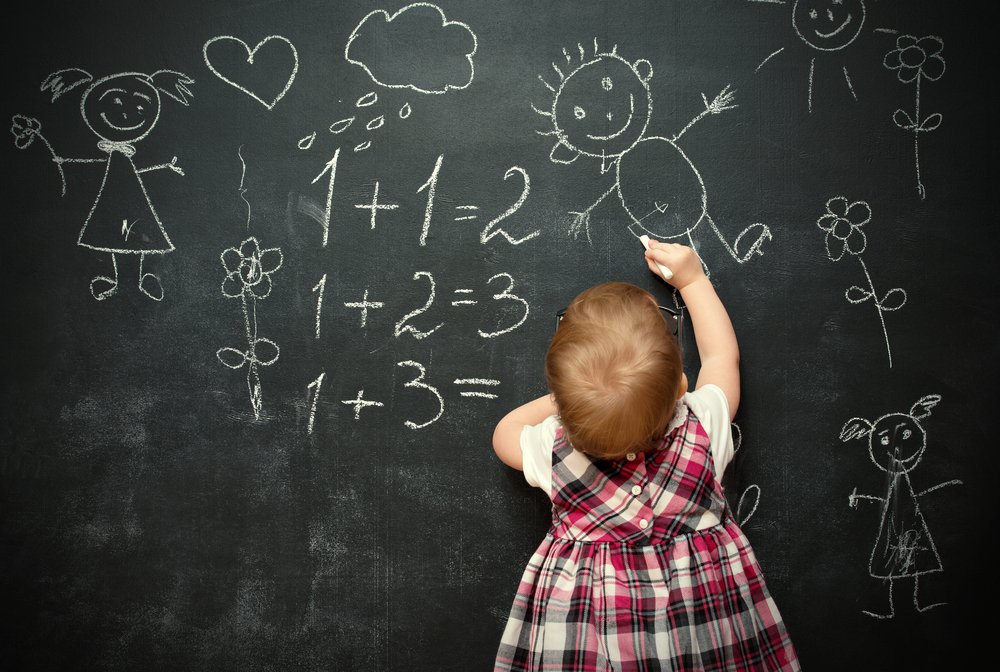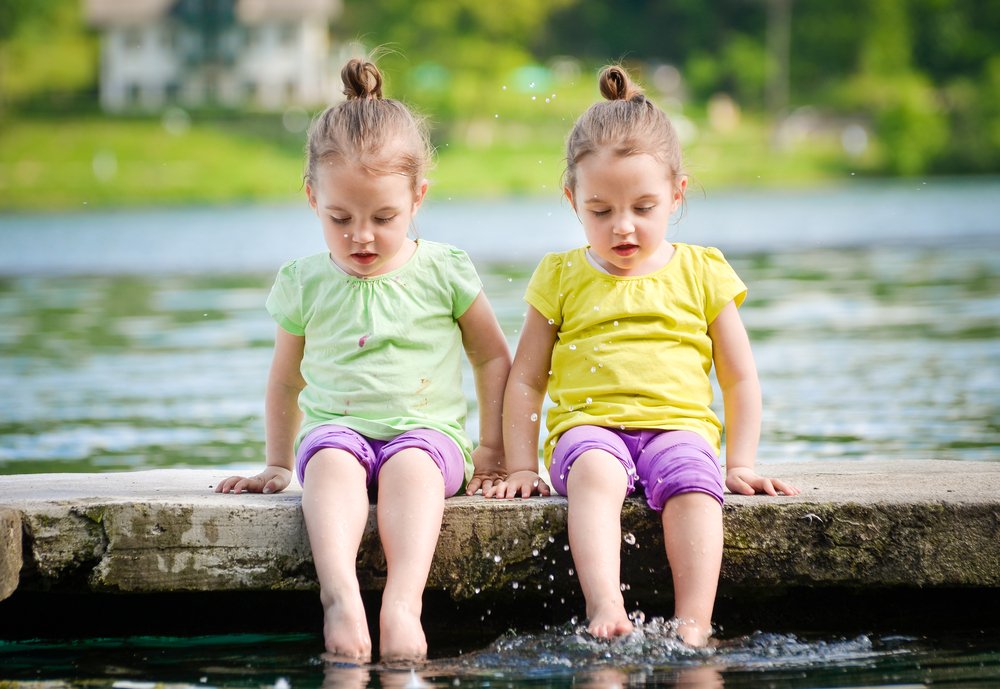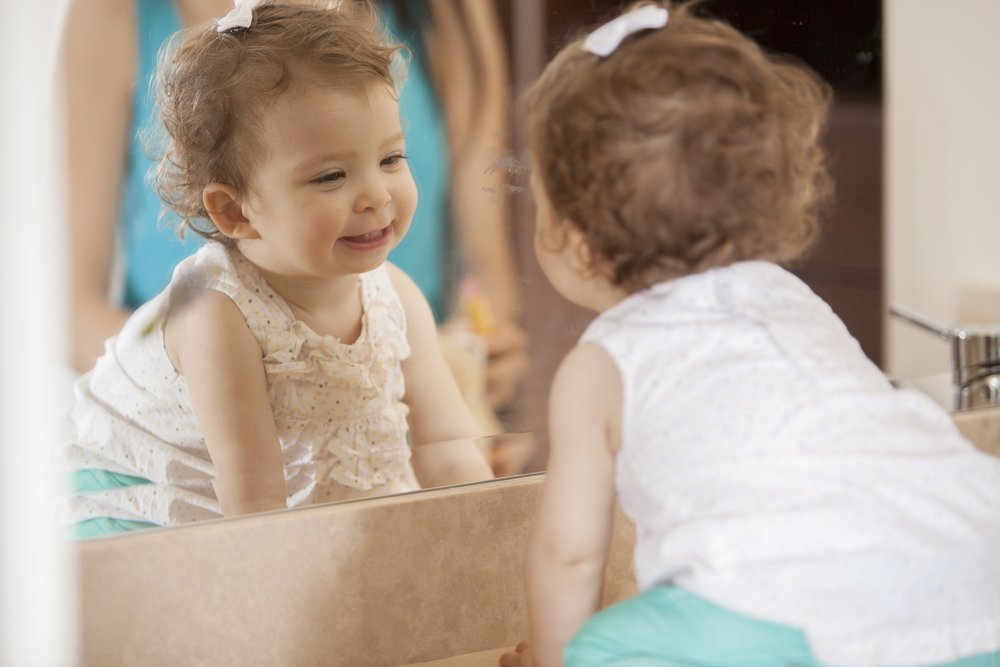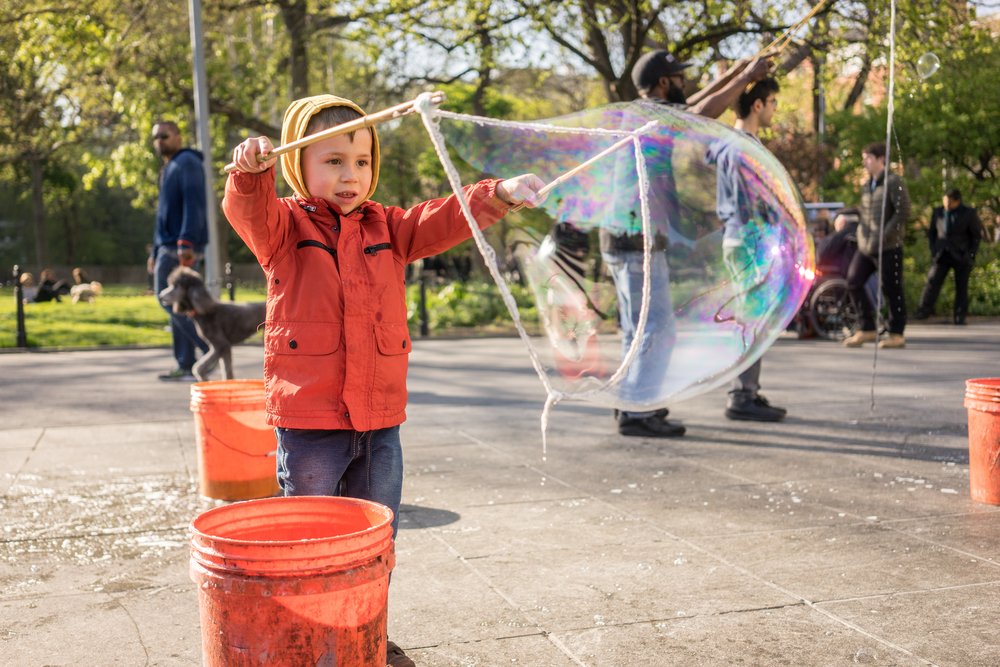
What are the outcomes for babies who are born bashful?
Key points: Introverted and bashful children are often confused, but they are different. Bashful children want to socialize but find it stressful, while…
Discover the key milestones of physical, cognitive, linguistic and socio-affective child development and understand the science behind child development.
Discover the key milestones of physical, cognitive, linguistic and socio-affective child development and understand the science behind child development.

Key points: Introverted and bashful children are often confused, but they are different. Bashful children want to socialize but find it stressful, while…

Key points: Research shows that the age at which babies reach a milestone can be a sign of later outcomes for children with…

Key points: Parents tend to praise their children frequently, but not all types of praise benefit children in the same way. A study…

Key points: Provides tips on organizing playdates for infants and toddlers, including finding suitable playmates and avoiding too much structure. Advises parents to…

Key points: Human babies have been biologically programmed to respond to certain nurturing practices which are necessary for healthy brain development. Some modern…

Key points: Researchers at Indiana University and the Georgia Institute of Technology have discovered that a toddler’s visual experience may play a crucial…

Key points: New parents tend to neglect their relationship with their partner due to the exhaustion of taking care of a newborn. Numerous…

Key points: Parents who overreact and get angry may not be helping their children control their emotions and be happy. Bandura’s Social Learning…

Key points: Shifting from power-based discipline to collaboration can be a more effective way for parents to influence their children’s behavior positively. Dr….

Key points: The “terrible twos” stage is a developmental phase, not solely tied to a specific age, where toddlers explore independence, test boundaries,…

Key points: Parenting is not a one-size-fits-all task, as each child is unique, and life is full of unexpected experiences that shape our…

Key points: Allowing children to experience boredom can be beneficial for their development as it encourages self-reliance and motivation. Parents should see boredom…

Key points: Allowing children to go barefoot outdoors offers numerous benefits, despite concerns about injuries or illnesses. Foot injuries are unlikely outdoors, especially…

Key points: Learning to stand is a significant milestone on the path to a baby’s first steps, requiring muscle strength, coordination, and the…

Key points: Babies are aware of their own bodies from birth, laying the foundation for self-awareness. Children typically begin responding to their name…

Key points: Kangaroo care involves skin-to-skin contact between a mother and her premature baby, promoting healthy development and potentially saving lives. Research has…

According to the World Health Organization, more than 15 million premature babies are born each year. Premature refers to a baby born before…

Key points: Summer vacations can lead to educational disparities, with children lacking enriching learning opportunities falling behind their peers. Efforts to address this…

Key points: Rolling over is an important milestone for babies, signifying increased strength in their arms, back, and neck. Babies typically start rolling…

Key points: Developing helpful coping strategies in children enhances resilience and reduces stress as they work through worries and challenges. Parents play a…

Key points: The quality of early attachments significantly affects how people form and maintain social relationships throughout life. There are four main types…